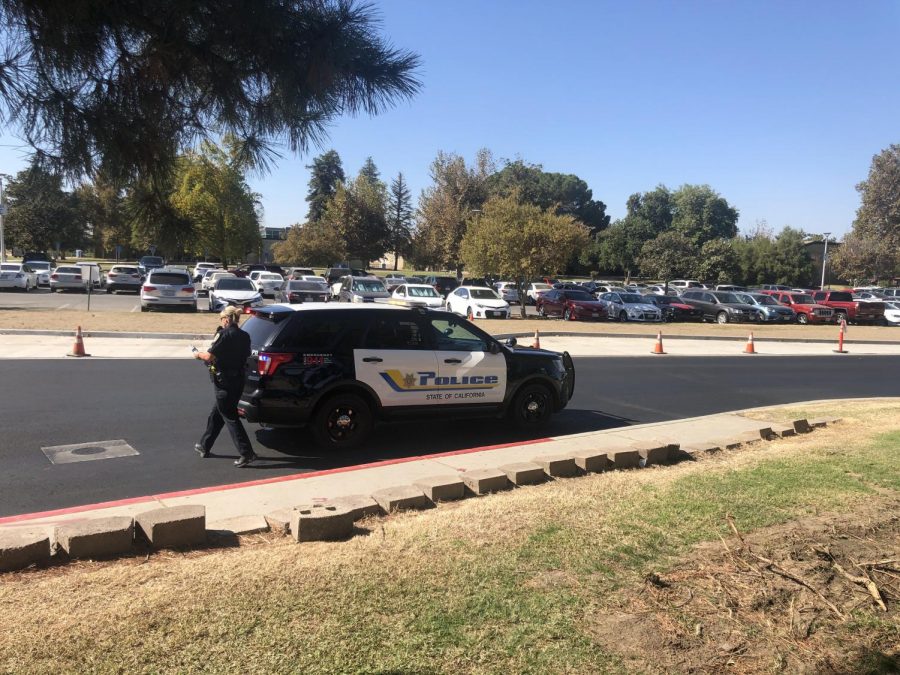A Freedom of Information request was sent out to 143 universities in the United Kingdom (UK) to provide parents and students with information regarding campus-related crimes.
Campus-related crimes
From a parent’s standpoint, when your child calls you at wee hours about a burglary in her university dormitory, what will be running through your mind?
The same scenario happened to Mr. Nigel Herring, whose daughter goes to Salford University. After going out with her housemates, they returned to a ransacked house at 3:30 am, one-bedroom in a total mess, plus all gadgets were gone.
The anxiety Mr. Herring had knowing that he is two hours away from his daughter, who is heavily crying on the other side of the phone line, does not need explanation.
The burglary case left no one harmed, but the trauma will always stay with the victims.
When Lydia started to go to Salford, she was quite confident and secured about the campus setting. Students are given a key card to access different facilities around the campus, and campus security is always visible. In her second year, she wanted to move in with her friends into another house. Mr. Herring added:
When we helped her move in, I did notice that the place was covered with trees and shrubs. But, I’ve got to let her make her own decisions.
Campus monitoring
An independent guide to UK universities is calling for the Office for Students (OfS) to convince universities in collecting and publishing crime statistics inside their campuses. It will help parents and students come up with responsible choices. Campus-related crimes include burglary, theft, assault, and damage to property.
The Complete University Guide requested for Freedom of Information (FOI) access to 143 universities regarding campus-related crimes in their area. Initial progress showed that 31 universities did not gather any vital information about campus-related crimes, while 77 others do have records, but only four have made it accessible to the public.
According to CUG chair Dr. Bernard Kingston,
University crime data does not intend to discriminate campuses. Rather, it is a tool to help authorities keep a close monitor on universities and campus areas where frequent crimes occur.
As of now, CUG makes use of police data to have an idea on how crime rates in a particular university scales. But, this is considered inaccurate for some cases within the community not connected with students and staff might be included.
The director of ProtectEd, Andrew Wootton, demands universities to provide them with accurate statistics on the crime index on their campuses for them to analyze the situation.
Statistics data is important, but we must also take importance on how universities are acting to these security threats. Having constant monitoring will help us assess the actions given by a university to solve campus-related crimes in their area.







